The Ray C. Anderson Center for Sustainable Business (“Center”) launched the Business, Environment, and Society Speaker Series in 2016 to develop and strengthen the network of sustainability-minded students, faculty, staff, practitioners, and community members. Hosting the series is just one way in which the Center serves as a connector and catalyst across diverse stakeholders in an effort to create more sustainable communities. Through informative talks, lively Q&As, and illuminating interviews, the series opens the lines of communication between current and future changemakers.
Several times each semester, speakers present on topics connected to research in and practice of sustainable business. The Center has hosted a total of 25 faculty, authors, nonprofit leaders, and corporate practitioners from EY, IHG, the Partnership for Southern Equity, PG&E, Rubicon Global, The Coca-Cola Company, and more. Visiting presenters generously share their time and deep sustainability expertise across a diverse range of sectors. The series also features Scheller College of Business faculty who share insights from their cutting-edge research. Visit the Center’s events page for more information and to register for Spring 2021 events!
Please read on to hear what attendees had to say about the six speakers from Summer and Fall 2020.
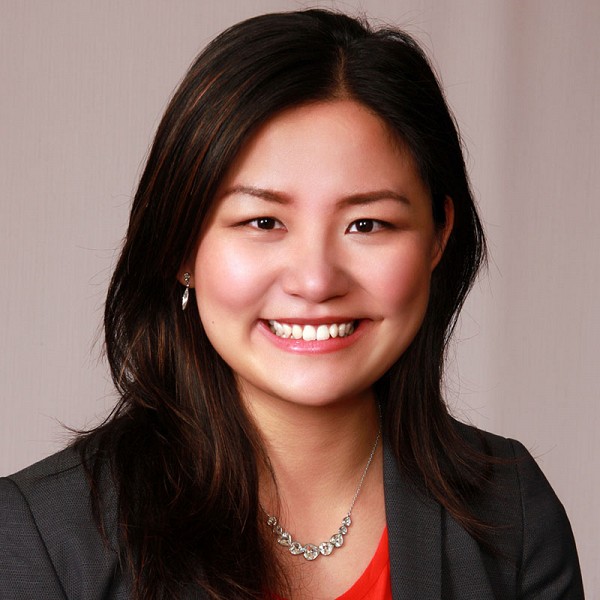
Laurina Zhang
On June 24, 2020, Laurina Zhang, former assistant professor of strategy and innovation at Scheller College (current assistant professor in strategy and innovation at Boston University’s Questrom School of Business), presented a talk, “How Do Social Liberalization Policies Impact Innovation?” Her talk explored the connection between innovation and the social context in which it takes place. The talk highlights a Sustainable Business Insights research brief about Zhang’s work.
“Laurina Zhang’s research findings were fascinating! As an incoming MBA student interested in sustainability, my biggest takeaway from Zhang’s research was the implication that robust CSR practices foster greater diversity and social exchange with people different from ourselves, which in turn fosters greater innovation. This implication is an additional piece of evidence that social performance truly does create value for company stakeholders.”
Ellie Hamalian
First-year student in the Full-time MBA Program
2020-21 Graduate Sustainability Fellow
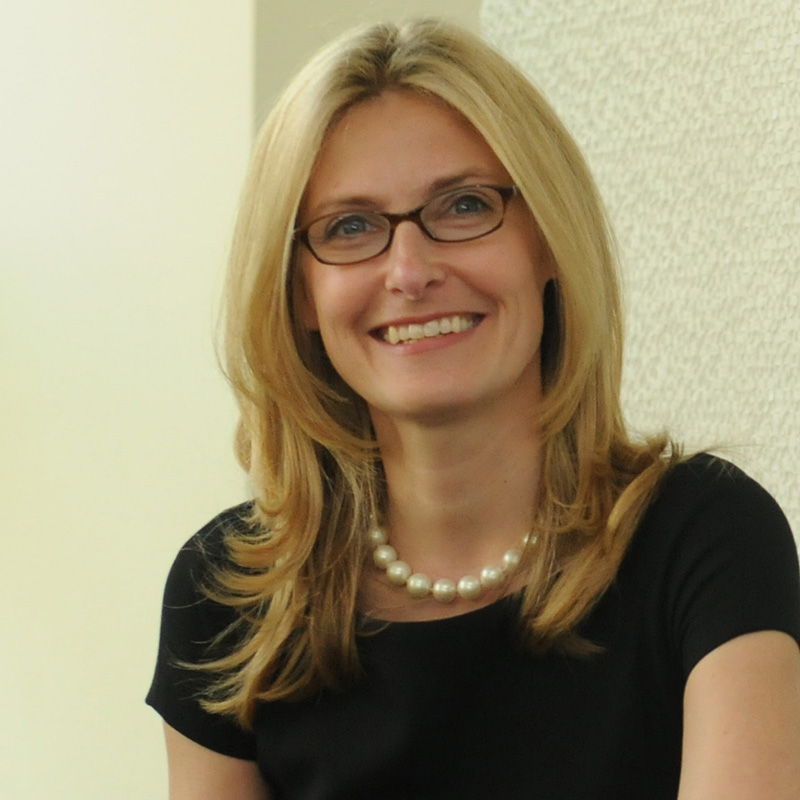
Karie Davis-Nozemack
In her August 24 talk, Karie Davis-Nozemack, associate professor of law and ethics, gave a presentation titled “Is Tax an Issue for Sustainability?” She discussed the fundamental ways in which tax is an issue for sustainability, why tax avoidance is a social problem and an enterprise problem, and how a sustainability framework can guide firms in shaping a sound tax strategy. The talk highlights a Sustainable Business Insights research brief about Davis-Nozemack’s work.
“The presentation was very engaging and outlined considerable effects that tax avoidance can have on various societal stakeholders (namely in the public, regulatory, and enterprise sectors). Showing sustainability as a viable framework for corporate tax avoidance helped me further understand how the practice has underlying costs, such as eroding public trust in equitable taxation and burdening smaller enterprises.”
Mark Leggiero
Third-year undergraduate student in mechanical engineering
2020-21 Undergraduate Sustainability Ambassador
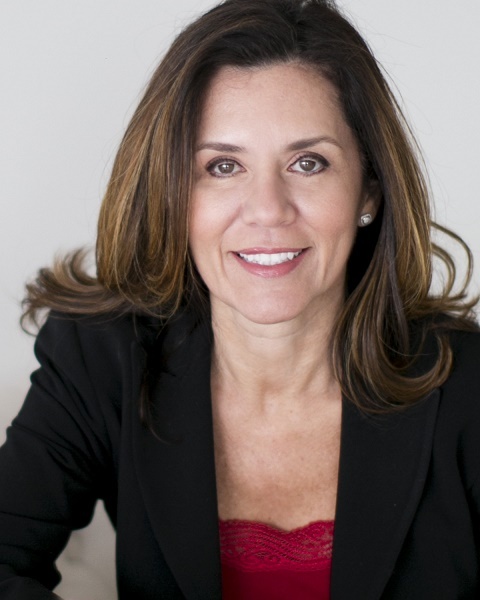
Alba Baylin
Alba Baylin (Vice President of Community and Stakeholder Relations, The Coca-Cola Company) gave a talk on September 24 titled, “Corporate Impact: Making a Difference for a Better Shared Future.” She described Coca-Cola’s commitment to supporting the communities it serves and the importance of philanthropy that provides value beyond dollars.
“It was wonderful to participate in this discussion that outlined not only the long and storied history of collaboration between Coca-Cola and Georgia Tech but also how that partnership has more recently supported key sustainability initiatives. It’s so encouraging to hear about a company like Coca-Cola leading the way in issues such as water stewardship, women’s economic empowerment, and plastics recycling. It is clear from this discussion that with motivation and collaboration we can make great strides in moving toward a more sustainable future.”
Steve Carriere
Scheller College Academic Advisor
Evening MBA student
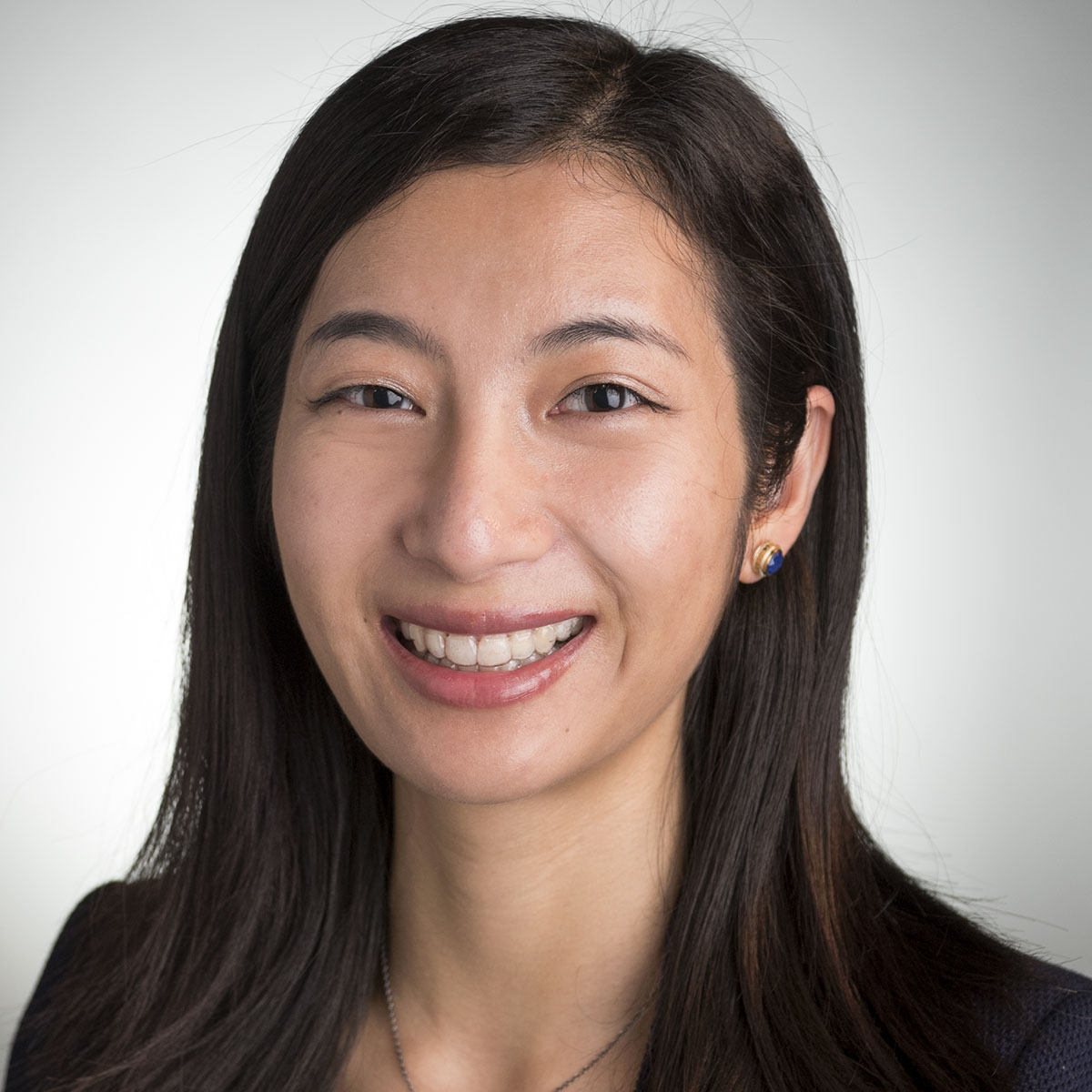
Qiuping Yu
Companies often schedule their employees on the fly, especially in the sectors of service, retail, and manufacturing. While just-in-time scheduling practice may be effective in reducing labor costs, it has a potential to create highly unpredictable schedules for the workers and may potentially hurt workers’ productivity. On October 12, Qiuping Yu, assistant professor of Operations Management, presented research on the economic and social impacts of algorithm-driven scheduling practice.
“During my time in the military, I have seen (all too often) the negative impact of last-minute tasks on soldiers’ lives. I found it fascinating to hear about Qiuping Yu’s research on the economic and social effects that just-in-time scheduling has on both employees and a firm, and more importantly on the policy changes a firm can put in place to achieve a ‘win-win’ that improves their bottom line and simultaneously benefits their workforce.”
Rob Riley
Officer, United States Army
Executive MBA student
2020-21 Scheller College Graduate Sustainability Fellow
“Qiuping Yu’s analysis of wage and scheduling policies has broad implications for employment adequacy and stability policies. Her research confirms the need to expand policies of certain firms while continuing to refine others to further increase the performance of the workforce.”
Chris Green
Ph.D. student in Operations Management
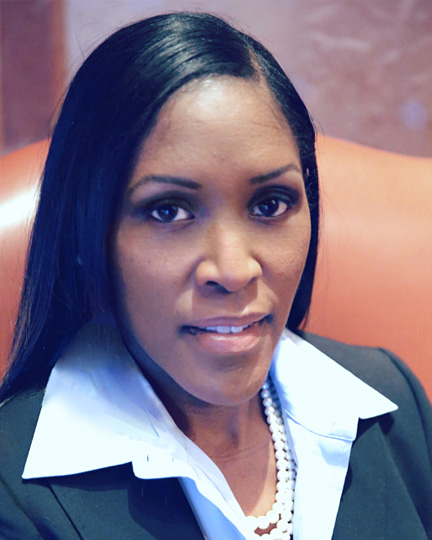
Denise Quarles
In our constantly changing marketplace, organizations face the challenge of navigating the converging needs of stakeholders. Our current pandemic and national reckoning of racism further complicates the work of organizations that aim to serve the needs of employees, customers, communities, and shareholders. On November 9, Denise Quarles, head of external affairs for the Southeast at Siemens, addressed these timely issues in a talk, “Navigating Stakeholder Needs During Uncertain Times.”
“I really enjoyed hearing from Denise Quarles whose talk inspired me to continue to seek sustainable solutions in business. She gave excellent advice: to meet people where they are in their sustainability journeys. We need to approach our colleagues and peers with the issues we care about deeply in a humble way.”
Ellie Hamalian
First-year student in the Full-time MBA Program
2020-21 Graduate Sustainability Fellow
“I feel so fortunate to have had the opportunity to listen in on such an important and engaging conversation that highlighted the significance of collaboration and diversity in business and sustainability. I left the talk thinking about how teamwork is paramount to the progression of sustainability as it helps bring people in. As Denise Quarles said regarding barriers to sustainability, ‘It’s not as much about not caring as it is about people not understanding.’”
Jordyn Holt
First-year student in the Full-time MBA Program
2020-21 Graduate Sustainability Fellow
“I thoroughly enjoyed learning from Denise Quarles about the importance of collaboration in the push for a sustainable future. She stressed the importance of using outside resources and diverse opinions to help bridge the ‘sustainability understanding gap.’”
Patrick Knight
First-year student in the Full-time MBA Program
2020-21 Graduate Sustainability Fellow
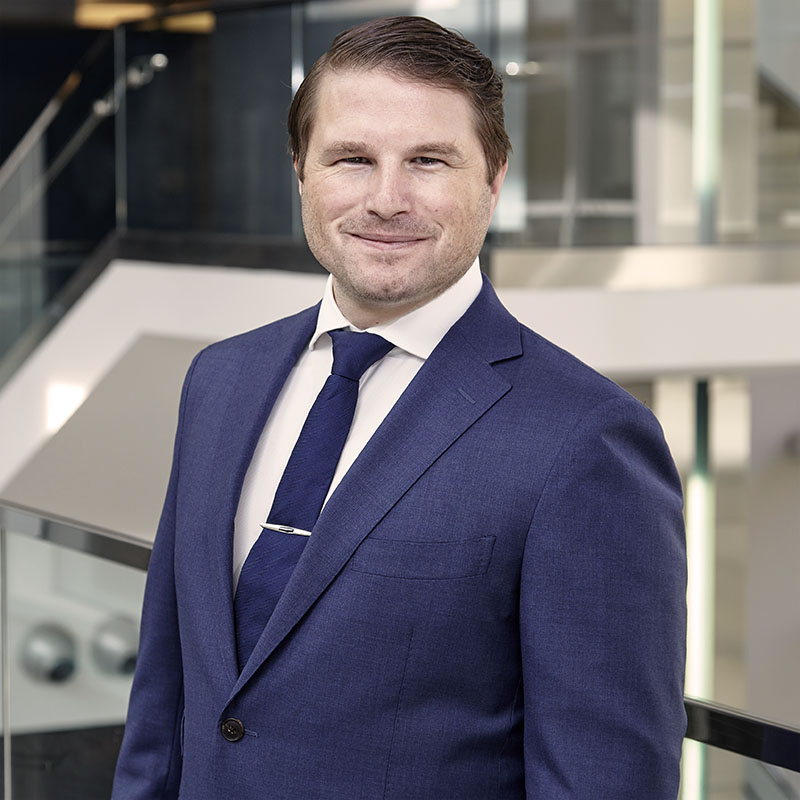
Bradford Baker
If we only have approximately 30 crop cycles left in the United States, why isn’t there a faster transition to regenerative farming? This question was at the heart of Assistant Director of Organizational Behavior Bradford Baker’s December 2 talk, “Reckoning, Repair, and Regeneration: A Case for the Need to Move Beyond 'Sustainable.’” Baker’s research focuses on uncovering the psychological “barriers to entry” conventional farmers face when considering transitioning to regenerative farming practices.
“Bradford Baker presented a very interesting topic regarding social sustainability—specifically, regenerative agriculture. It was unbeknownst to me how dire the issue of food production is not only in the U.S. but worldwide. Baker made it apparent that regenerative agriculture is essential to the future of food production as it will create financial returns while decreasing carbon emissions to the atmosphere. He described the many barriers to entry that require attention to support a growing population and ensure essential food production. As a society, it is vital that we become more aware of these types of issues to reach a more sustainable future.
Shawn Buckley
Energy Efficiency Consultant for CLEAResult
Evening MBA student
2020-21 Graduate Sustainability Fellow
Written by Jennifer Holley Lux
